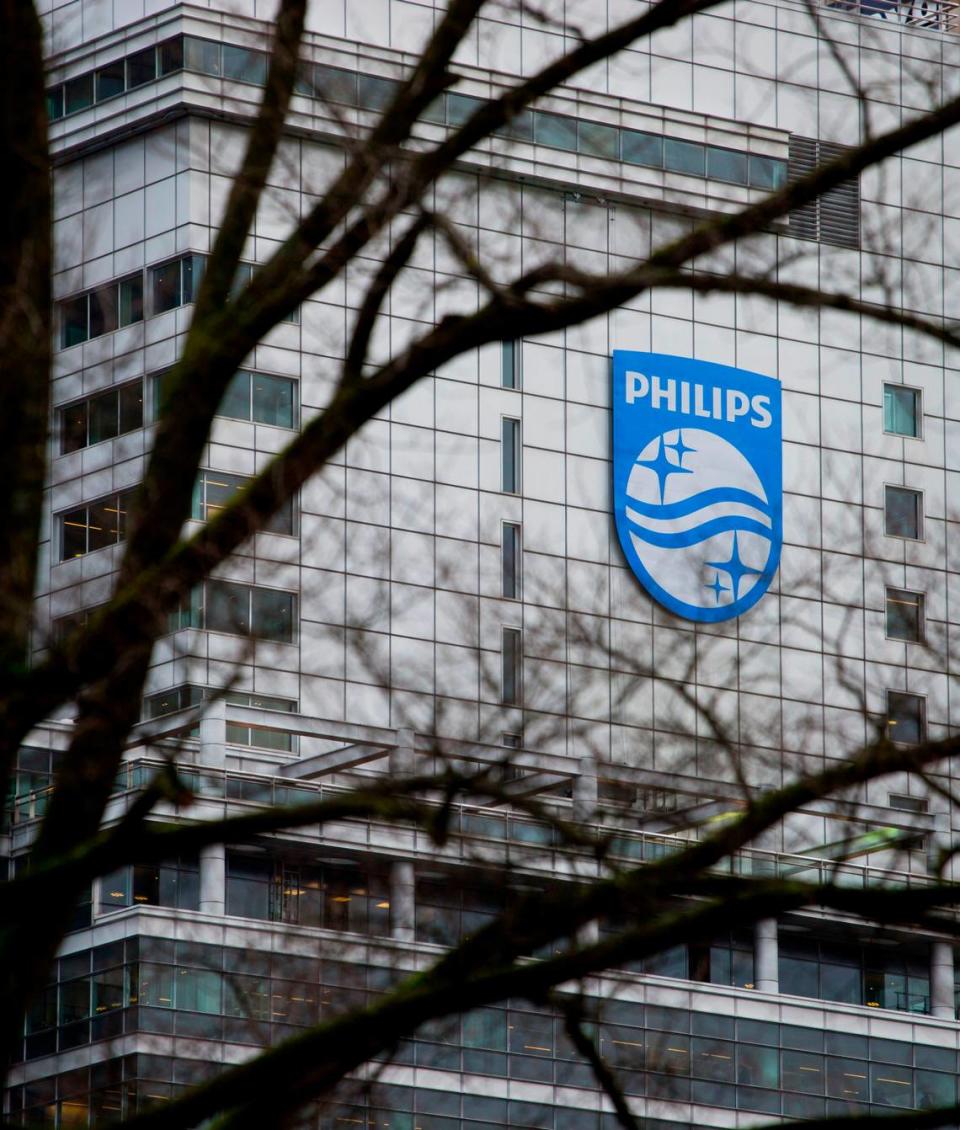Sleep apnea and ventilator machines recalled by Philips over health risks. What to know

Philips has recalled some sleep apnea and ventilator machines over concerns about health risks.
The company on Monday issued a recall for specific Philips Bi-Level Positive Airway Pressure (Bi-Level PAP), Continuous Positive Airway Pressure (CPAP) and mechanical ventilator devices after testing identified possible health risks related to the sound abatement foam used in the machines.
“The risks include that the PE-PUR foam may degrade into particles which may enter the device’s air pathway and be ingested or inhaled by the user, and the foam may off-gas certain chemicals,” Philips said in a news release.
The potential risk of exposure to the particles includes “headache, irritation, inflammation, respiratory issues and possible toxic and carcinogenic effects,” Philips says. Risks related to chemical exposure include “headache, irritation, hypersensitivity, nausea/vomiting and possible toxic and carcinogenic effects.”
Philips says it has received reports of “possible patient impact due to foam degradation” but that there have been no reports of deaths related to the issue. It hasn’t received reports related to chemical exposure.
The company says it has produced millions of devices using the foam with a 0.03% complaint rate in 2020.
Most of the recalled devices “within the advised 5-year service life” are in the “first-generation DreamStation product family,” it says. More information on which devices are included can be found here.
People using included BiLevel PAP and CPAP devices are advised to stop using them and to work with their doctor or equipment provider to “determine the most appropriate options for continued treatment,” Philips says.
“To continue use of your device due to lack of alternatives, consult with your physician to determine if the benefit of continuing therapy with your device outweighs the risks identified in the recall notification,” it says.
Patients using “affected life-sustaining” ventilator devices should not stop or change their “prescribed therapy” until after they talk to their doctor, Philips says.
“Philips recognizes that alternate ventilator options for therapy may not exist or may be severely limited for patients who require a ventilator for life-sustaining therapy, or in cases where therapy disruption is unacceptable,” the company says. “In these situations, and at the discretion of the treating clinical team, the benefit of continued usage of these ventilator devices may outweigh the risks identified in the recall notification.”
The company says it plans to address all affected devices as quickly as possible.
“Philips is providing the relevant regulatory agencies with required information related to the launch and implementation of the projected correction,” Philips said in the release. “The company will replace the current sound abatement foam with a new material and has already begun the preparations, which include obtaining the relevant regulatory clearances.”
It says the first-generation DreamStation product families will be changed to include a different type of foam and “shipped upon receipt of the required regulatory clearances.”
Philips said in April that it was analyzing potential health risks related to certain sleep and respiratory products and that it would provide more information when possible. Monday’s recall notification is the result of an “extensive ongoing review,” the company says.
Frans van Houten, CEO of Royal Philips, said in the release that the company is working toward a resolution, which will include “the deployment of the updated instructions for use and a comprehensive repair and replacement program for the affected devices.”
“We deeply regret any concern and inconvenience that patients using the affected devices will experience because of the proactive measures we are announcing today to ensure patient safety,” Van Houten said.

 Yahoo Movies
Yahoo Movies 